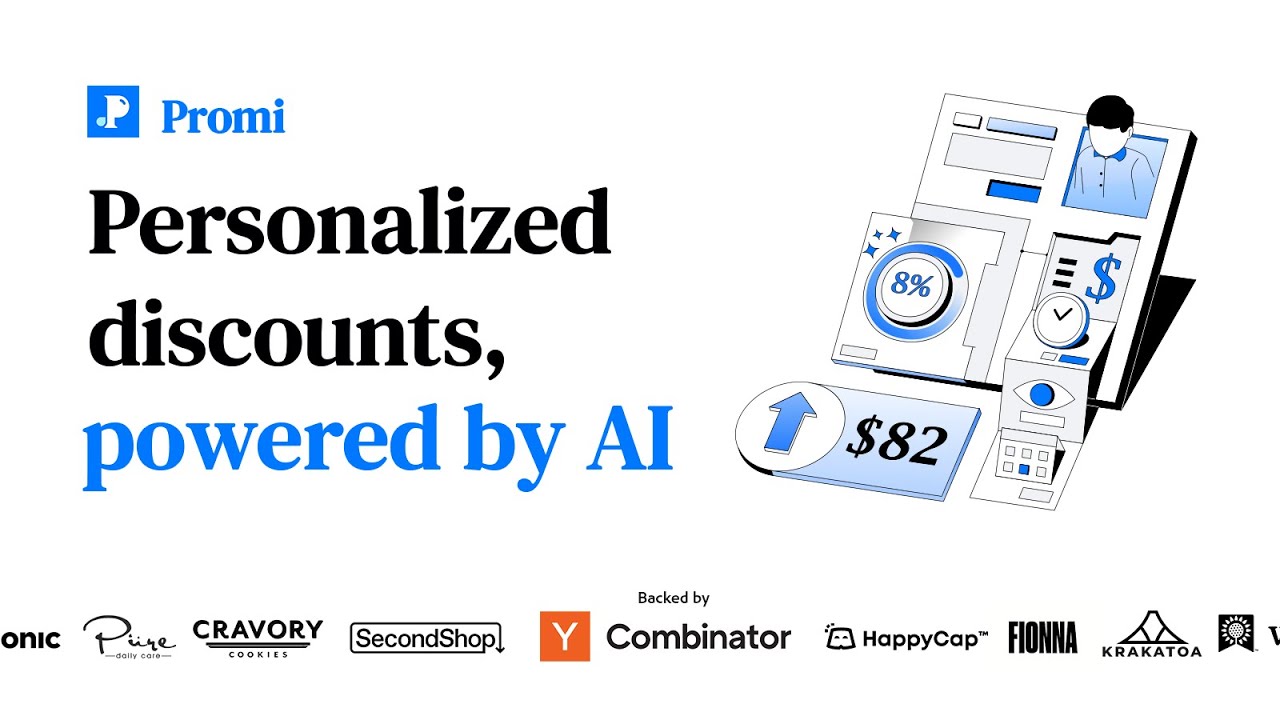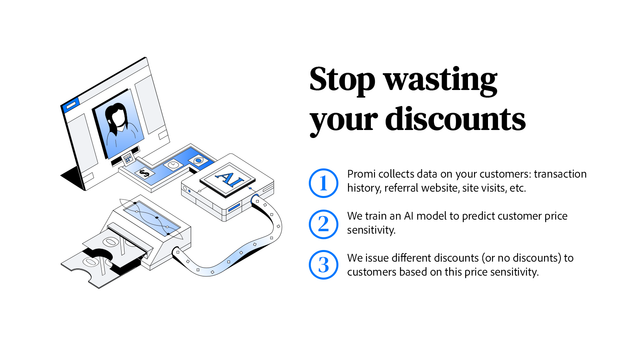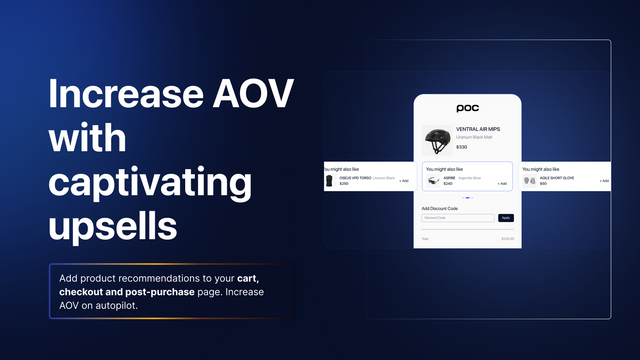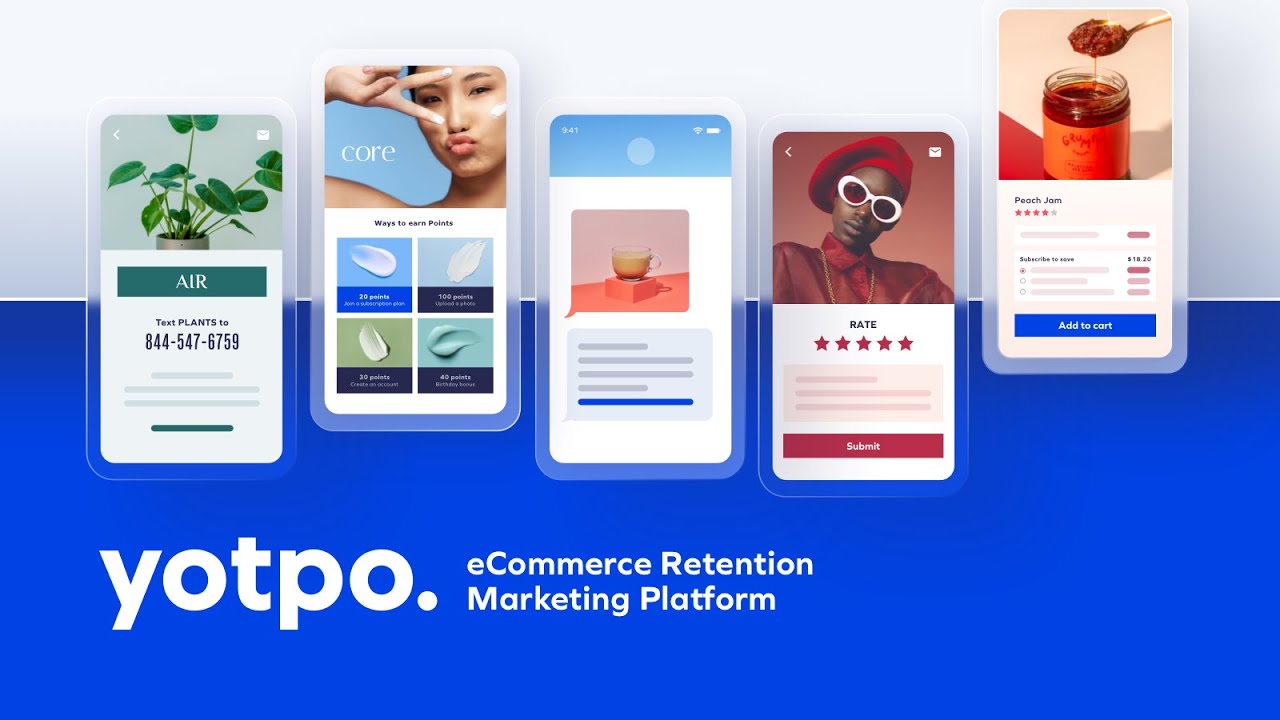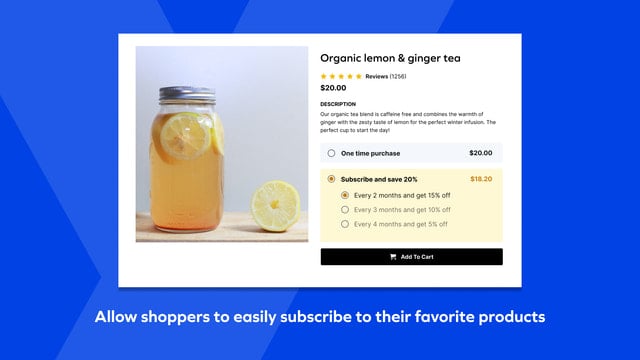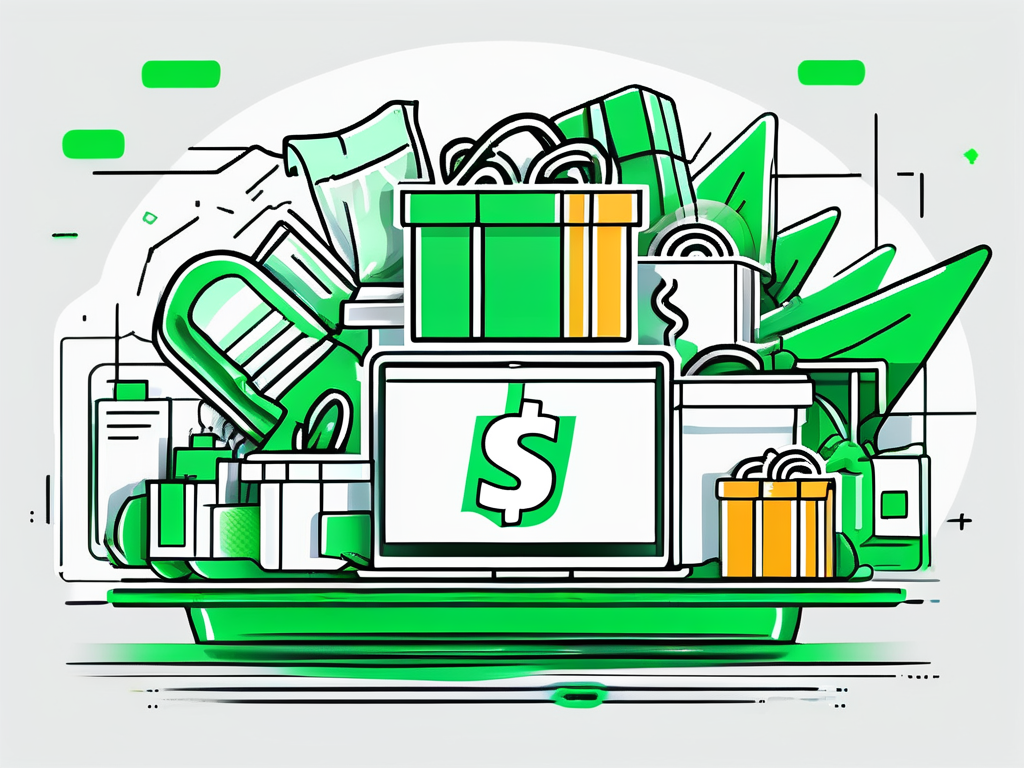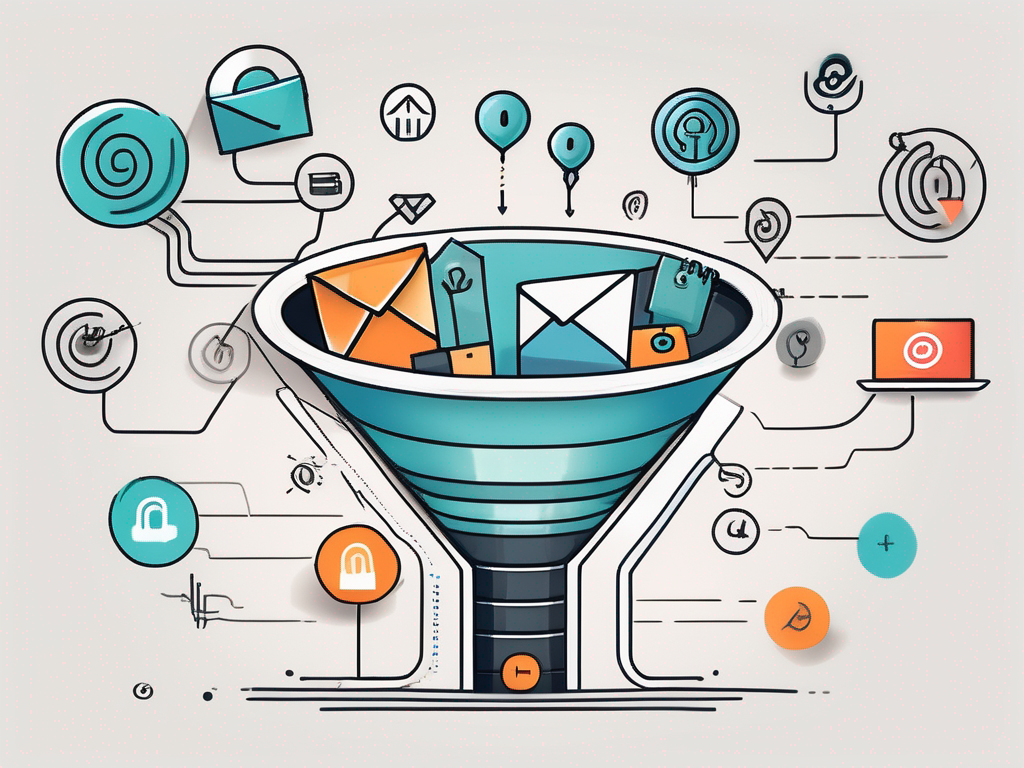The success of any online business relies heavily on its conversion rate. In simple terms, the conversion rate measures the percentage of visitors to your website who complete a desired action, such as making a purchase or signing up for a newsletter. Boosting your conversion rate is essential for maximizing your business's profitability and growth. In this article, we will explore the importance of conversion rates, how to calculate them, and most importantly, the proven strategies that can help you skyrocket your conversion rate.
Understanding Conversion Rates
Before diving into the strategies, it's important to grasp the significance of conversion rates. A high conversion rate indicates that your website and marketing efforts are effectively engaging and persuading visitors to take action. It is a reflection of how well you are meeting the needs and desires of your target audience. On the other hand, a low conversion rate suggests that there may be barriers or friction preventing users from converting. Understanding conversion rates allows you to identify areas for improvement and implement targeted strategies to optimize your website's performance.
Conversion rates are a key metric in the world of online business. They provide valuable insights into the effectiveness of your website and marketing campaigns. By analyzing your conversion rates, you can gain a deeper understanding of your customers' behavior and preferences, allowing you to tailor your strategies accordingly.
One of the main benefits of a high conversion rate is the positive impact it has on your revenue. When more visitors convert into customers or take the desired action, your sales and profits increase. This is why businesses strive to improve their conversion rates continuously.
The Importance of Conversion Rates
Achieving a high conversion rate is not just about increasing revenue; it also enhances the overall user experience. When visitors have a positive experience on your website and successfully complete their desired actions, they are more likely to become loyal customers. This loyalty can lead to repeat purchases and word-of-mouth recommendations, further boosting your business's success.
Moreover, a high conversion rate can also positively impact your search engine rankings and brand reputation. Search engines like Google consider user experience as a ranking factor. If your website provides a seamless and satisfying experience, it is more likely to rank higher in search results, driving more organic traffic. Additionally, a high conversion rate demonstrates credibility and trustworthiness to both search engines and potential customers. It shows that your business delivers on its promises and provides value to its audience.
How to Calculate Your Conversion Rate
Calculating your conversion rate is relatively straightforward. Simply divide the number of conversions (e.g., purchases, sign-ups) by the total number of visitors and multiply it by 100. This will give you a conversion rate percentage. It's important to track your conversion rate regularly to monitor your progress and evaluate the effectiveness of your strategies.
However, it's essential to keep in mind that conversion rates can vary depending on various factors, such as industry, target audience, and the type of action you want visitors to take. Therefore, it's crucial to benchmark your conversion rate against industry standards and competitors to gain a more accurate understanding of your performance.
Consider utilizing web analytics tools to streamline this process and gain deeper insights into your website's performance. These tools can provide you with detailed data on user behavior, conversion funnels, and the effectiveness of different marketing channels. Armed with this information, you can make data-driven decisions to optimize your conversion rates and maximize your business's success.
Proven Strategies to Boost Conversion Rates
Now that we have covered the fundamentals, let's explore some proven strategies to boost your conversion rates.
Optimizing Your Landing Page
Your landing page plays a crucial role in converting visitors into customers. Make sure it is visually appealing, easy to navigate, and clearly communicates the value proposition of your product or service. Utilize persuasive copy and compelling visuals to captivate the attention of visitors and guide them towards the desired action. Additionally, minimize distractions and optimize load times to create a seamless user experience.
When optimizing your landing page, consider incorporating testimonials or case studies that highlight the positive experiences of previous customers. This social proof can help build trust and credibility, making visitors more likely to convert. Furthermore, include trust signals such as security badges or customer reviews to alleviate any concerns visitors may have about sharing their personal information or making a purchase.
Another effective strategy is to personalize your landing page based on the visitor's demographics or browsing behavior. By tailoring the content to their specific needs or interests, you can create a more personalized experience that resonates with the individual, increasing the likelihood of conversion.
Utilizing A/B Testing
A/B testing involves creating two or more versions of a webpage or element and comparing their performance to determine which one yields better results. By testing different variations of your headlines, call-to-action buttons, or visual elements, you can identify the most effective strategies for your target audience. Continuously analyze the data and iterate on your designs to optimize your conversion rates.
When conducting A/B tests, it is important to focus on one element at a time to accurately measure its impact on conversion rates. For example, if you are testing different headlines, keep all other elements of the page consistent to isolate the effect of the headline alone. Additionally, ensure that you have a sufficient sample size to obtain statistically significant results. A small sample size may lead to unreliable data and inaccurate conclusions.
Remember that A/B testing is an ongoing process. As consumer preferences and behaviors change over time, it is essential to regularly test and refine your strategies to stay ahead of the competition and maintain high conversion rates.
Implementing a Strong Call-to-Action
A strong call-to-action (CTA) is paramount in guiding visitors towards conversion. Clearly state what action you want visitors to take and make it prominent on your website. Use action verbs and create a sense of urgency to motivate users to act immediately. Experiment with different placements, colors, and wording to find the most persuasive CTA for your audience.
In addition to a strong CTA, consider implementing a secondary CTA for visitors who may not be ready to convert immediately. This could be a less committal action such as signing up for a newsletter or downloading a free resource. By providing alternative options, you can still capture leads and nurture them towards conversion through targeted email marketing or remarketing campaigns.
Furthermore, leverage the power of social proof in your CTAs. Include statistics or testimonials that highlight the benefits or results others have achieved by taking the desired action. This can help alleviate any doubts or hesitations visitors may have and encourage them to follow through with the conversion.
The Role of Content in Conversion Rates
Content marketing is a powerful tool for driving conversions and establishing brand authority. Here are a couple of strategies to leverage content for higher conversion rates.
Creating Engaging Content
Producing valuable and engaging content helps build trust with your audience and encourages them to take the desired action. Craft well-researched blog posts, informative videos, and interactive infographics that provide solutions to your customers' pain points. Use storytelling techniques to connect with your audience on an emotional level and establish a strong brand identity.
The Power of Video Content
Video content has become increasingly popular and can significantly impact your conversion rates. Utilize videos to showcase your products or services, demonstrate their benefits, and engage your audience in a more immersive and memorable way. Embed videos on your landing pages or create dedicated video tutorials to guide customers through the conversion process.
Leveraging Social Proof for Higher Conversion
Social proof is a psychological phenomenon where people are influenced by the actions and opinions of others. Here are a couple of ways to leverage social proof to boost your conversion rates.
Customer Testimonials and Reviews
Showcasing positive testimonials and reviews from satisfied customers on your website instills confidence and trust in potential customers. Encourage your happy customers to leave feedback and share their experiences. Highlighting real-life success stories and testimonials can be a powerful persuasion tool that can significantly increase your conversion rates.
Trust Badges and Certifications
Displaying trust badges and certifications on your website can alleviate concerns and uncertainties for potential customers. These badges demonstrate that your business meets certain industry standards and adheres to strict security protocols. When customers see these symbols of trust, they are more likely to feel confident in providing their personal information or making a purchase.
The Impact of Site Speed on Conversion Rates
In today's fast-paced digital world, site speed plays a crucial role in user experience and conversion rates. Slow-loading websites frustrate visitors and often lead to high bounce rates. Here are a few reasons why site speed matters:
Why Site Speed Matters
Firstly, a slow website can negatively impact your search engine rankings. Search engines like Google take into account the loading speed of your website when determining its position in search results. So, a slow website may not rank as high, resulting in reduced visibility and organic traffic.
Secondly, slow-loading websites can lead to a poor user experience, diminishing the chances of visitors converting. Visitors are more likely to abandon a website that takes too long to load, leading to lost potential conversions. Therefore, optimizing your website's speed is vital for boosting your conversion rates.
Tips for Improving Site Speed
To improve your website's speed, consider compressing and optimizing images, leveraging browser caching, and minimizing the use of external scripts. It's also advisable to choose a reliable web hosting provider and regularly monitor your website's performance using tools like Google PageSpeed Insights.
Conclusion
Boosting your conversion rate requires a strategic approach and continuous optimization. By understanding the importance of conversion rates, implementing proven strategies, leveraging compelling content and social proof, and optimizing your website's speed, you can significantly increase your chances of converting visitors into valuable customers. Regularly track your conversion rate, experiment with different tactics, and adapt to the ever-evolving needs and preferences of your audience. With these proven strategies at your disposal, you are well-equipped to maximize your business's conversion rate and achieve sustainable growth.
Ready to take your Shopify store to the next level? Let Owlfred, your wise owl companion from OwlMix, guide you to the perfect Shopify app. With our extensive directory, finding the right tools to enhance your online business and boost your conversion rates has never been easier. Find your next Shopify app today and watch your e-commerce success take flight!



